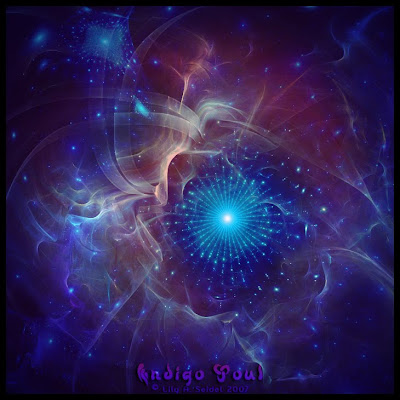The ‘Mad Scientist ‘ Stereotype : A thin Line between Insanity and Genius
E.A. Poe
Many of the history’s most celebrated and creative genuises were mentally ill, right from E.A. Poe to Issac Newton.And today this mental connection between Insanity and Genius seems no longer a myth.
Possibly its this insanity, which breeds genius or creativity as it gives the sufferer a different perception, which is quite hard to achieve in normal people.
Genius and insanity may actually go together, according to scientists who found that mental illnesses like schizophrenia and bipolar disorder are often found in highly creative and intelligent people.
Bipolar sufferer Kay Redfield Jamison, a clinical psychologist and professor at Johns Hopkins University School of Medicine, said that findings of some 20 or 30 scientific studies confirms the idea of the "tortured genius" or "mad scientist". Jamison said that creativity appears to be significantly linked to mood disorders, especially bipolar disorder. For instance, one 2010 study that tested the intelligence of 700,000 Swedish 16-year-olds found that highly intelligent adolescents were more likely to develop bipolar disorder in a decade-long follow-up.
Bipolar disorder is a condition in which people have dramatic mood swings between "mania" or extreme happiness and severe depression.
Panelist and researcher James Fallon, a neurobiologist at the University of California-Irvine said that research found that people who suffer bipolar disorder tend to be more creative when they’re coming out of deep depression. Fallon suggested that when a bipolar patients' mood improves, activity decreases in the lower part of a brain region called the frontal lobe and increases in a higher part of that lobe, a shift that is also seen when people have bouts of creativity.
"There [is] this nexus between these circuits that have to do with bipolar and creativity,"
Elyn Saks, a mental health law professor at the University of Southern California who also developed schizophrenia as a young adult, said that people with psychosis do not filter stimuli as well as others without the disorder, meaning that they're able to ponder contradictory ideas simultaneously and gain insight into loose associations that the general unconscious brain wouldn't even consider worthy of sending to consciousness.
Saks said that while the invasion of nonsense into conscious thought can be overwhelming and disruptive, "it can be quite creative, too."
Studies on word associations that ask participants to list all the words that come to mind in relation to a stimulus word like "tulip" found that bipolar patients experiencing mild mania can generate three times as many word associations in the same amount of time as the general population.
The findings suggest that mania can lead to bouts of genius because the great amount of unsuppressed ideas means a greater probability of producing something original and profound.
Many prodigies like painter Van Gogh, author Jack Kerouac and mathematician John Nash had displayed self-destructive behaviors, and it is unclear as to why humans have evolved this trait.
"The notion of a 'tortured genius' or 'mad scientist' may be more than a romantic aberration," says the World Science Fair. "Research shows that bipolar disorder and schizophrenia correlate with high creativity and intelligence, raising tantalizing questions: What role does environment play in the path to mental illness?"
Scientists wonder whether the mental disorders are being positively selected for in the gene pool, and if there is actually a line between gift and deficit.
Past studies have suggested that much of the link between genius and madness is produced by one particular gene called the DARPP-32, and that three out of four people inherit a version of the DARPP-32 gene, which enhances the brain's ability to think by improving information processing in the prefrontal cortex of the brain.
Sir Issac Newton
However panelists noted that while society benefits from the productivity of its "tortured geniuses," people who are affected by mental disorders that often lead to bouts of creative energy don’t always consider their moment of brilliance to be worth their suffering.
Original Article at : http://www.medicaldaily.com/articles/10149/20120604/genius-insanity-schizophrenia-bipolar-disorder.htm#mmJcgcflmJdPtejI.99




Comments
Post a Comment